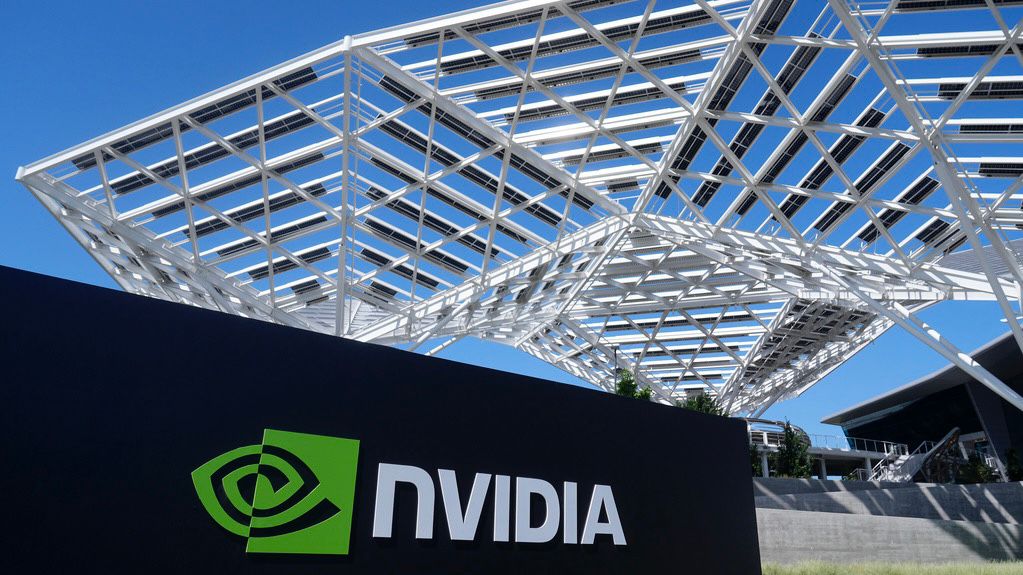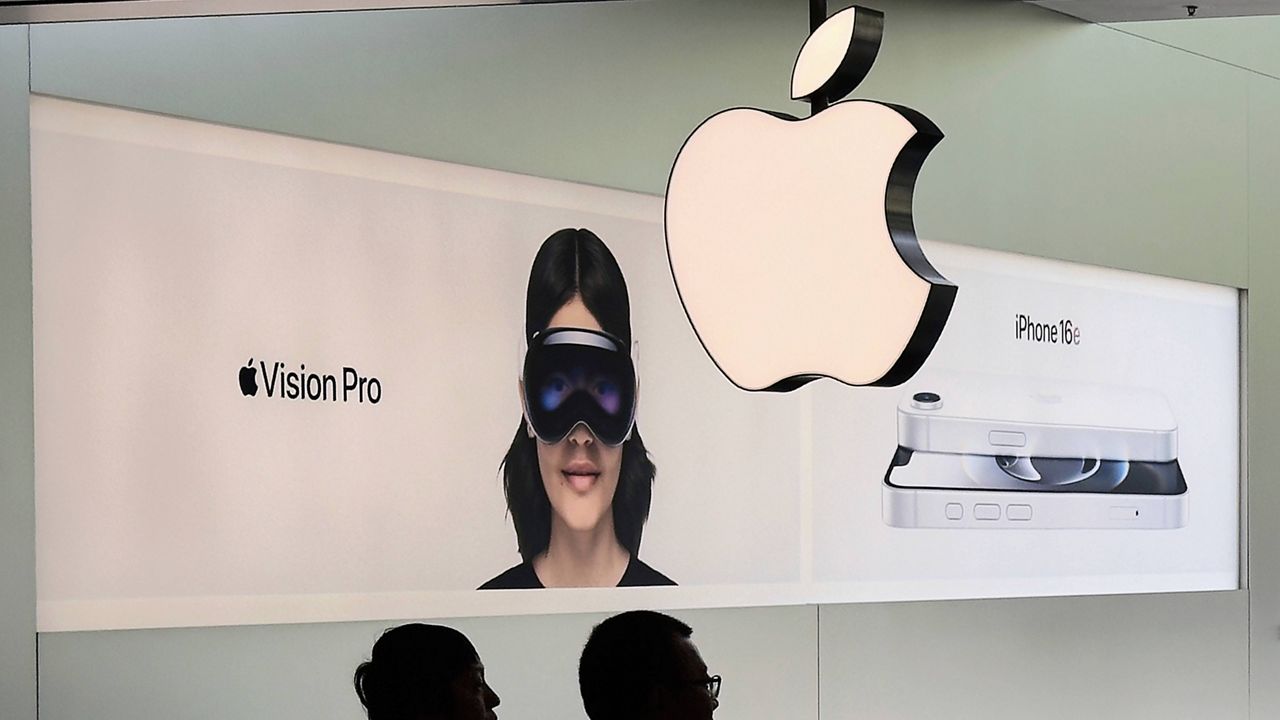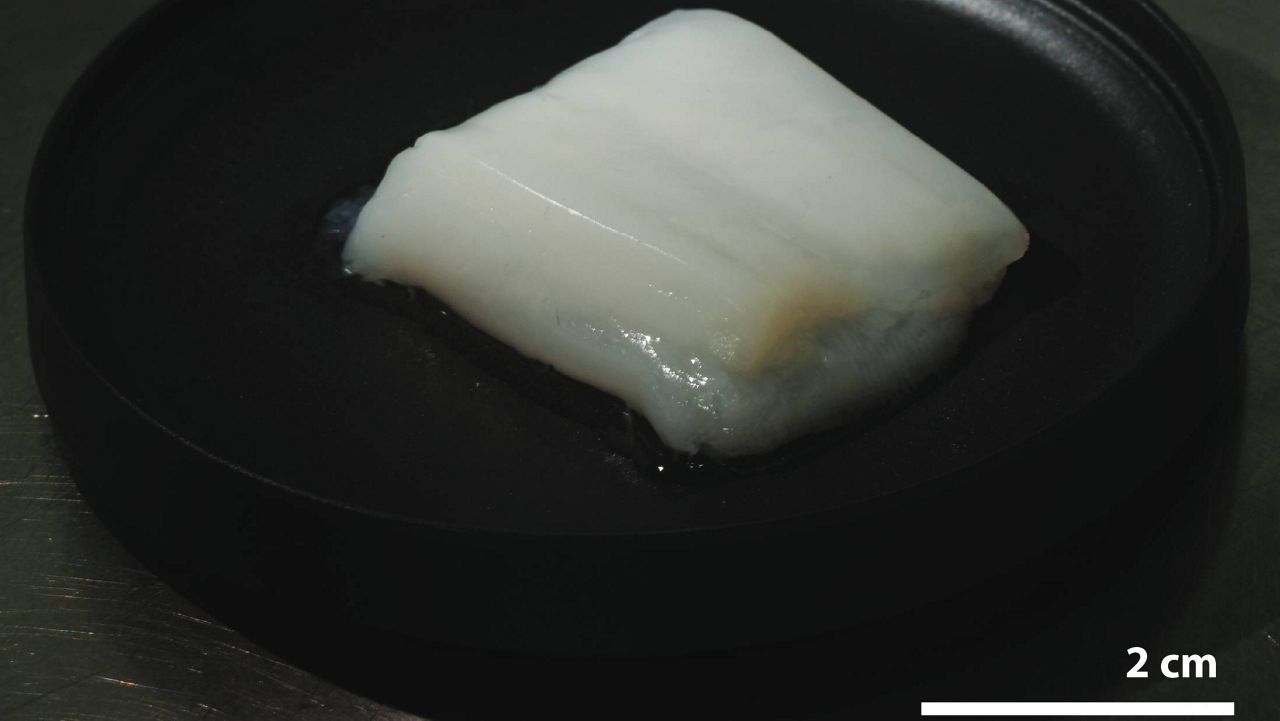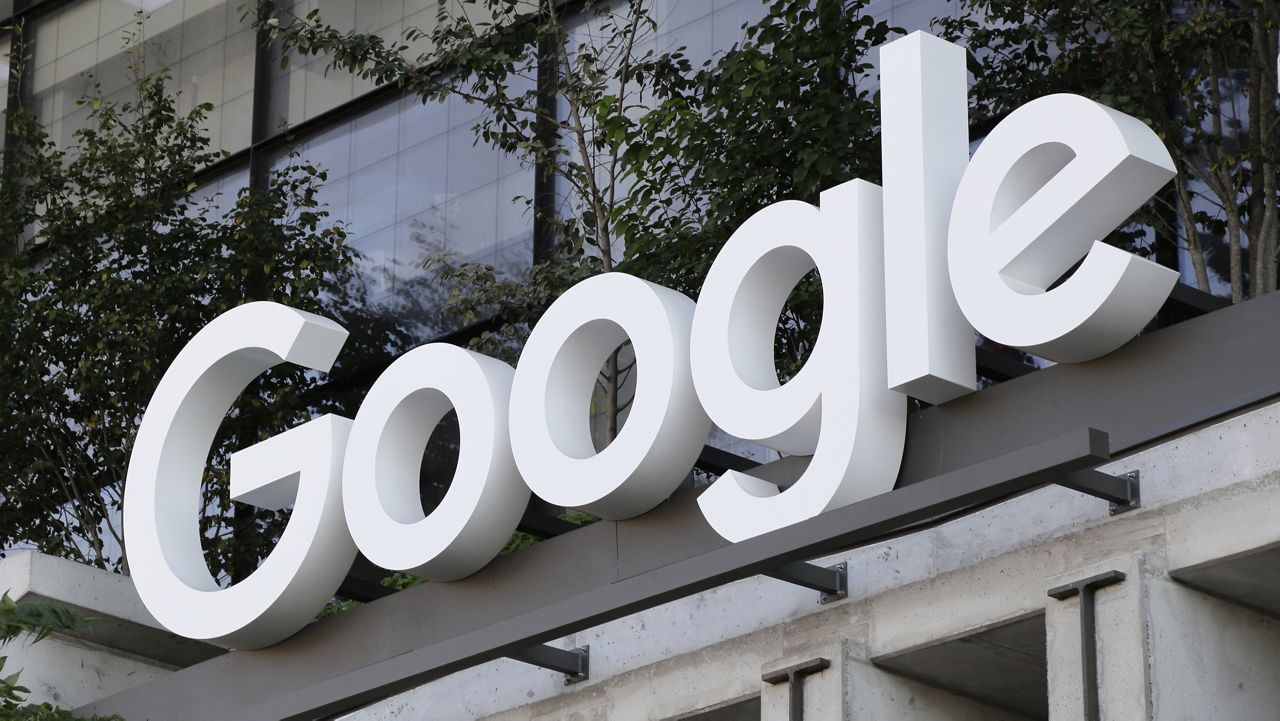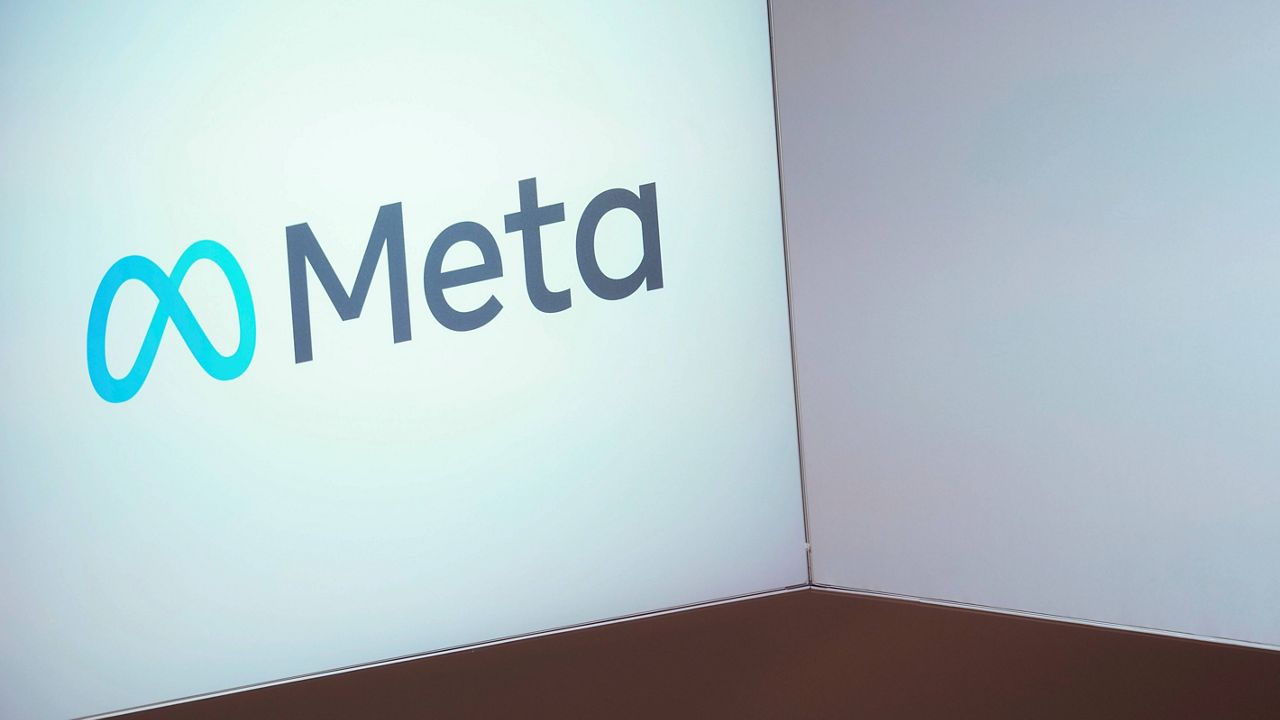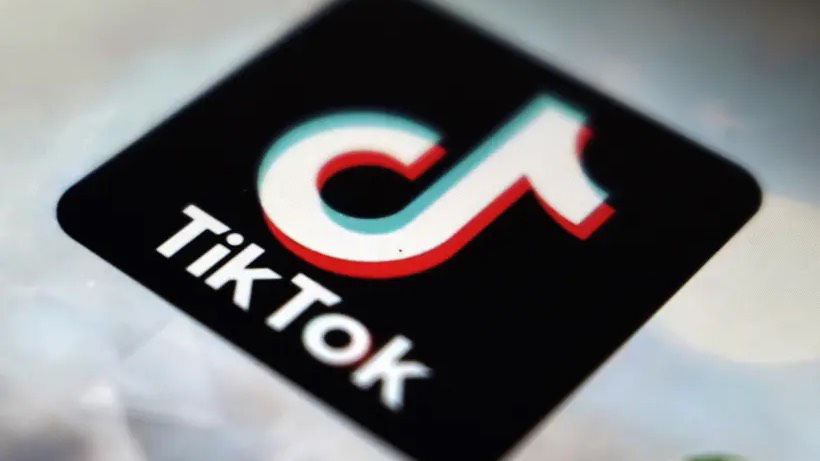SANTA CLARA, Calif. — As the Trump administration readies tariffs on semiconductor imports, chipmaker Nvidia said Monday it has started production at a factory in Phoenix.
Over the next four years, the maker of advanced chips said it plans to invest hundreds of billions of dollars in bolstering U.S. supply chains for the semiconductors and supercomputers that run artificial intelligence programs.
On Monday, Nvidia also said it is building supercomputer manufacturing factories in Texas: one in Houston with the Chinese manufacturer Foxconn and another in Dallas with the Taiwanese company Wistron. It expects mass production at both facilities within the next 12 to 15 months.
“The engines of the world’s AI infrastructure are being built in the United States for the first time,” Nvidia CEO and founder Jensen Huang said in a blog post. “Adding American manufacturing helps us better meet the incredible and growing demand for AI chips and supercomputers, strengthens our supply chain and boosts our resiliency.”
Based in Silicon Valley, Nvidia designs AI chips but outsources their manufacturing to companies including TSMC, which is based in Taiwan and has a manufacturing facility in Arizona.
Nvidia will also partner with two other companies with operations in Arizona to test and package its semiconductors: Amkor Technology, based in Tempe, Ariz., and Siliconware Precision Industries, whose headquarters are in Taiwan.
In partnership with these other companies, Nvidia said it plans to produce up to half a trillion dollars of AI infrastructure in the U.S. through early 2029.
The Trump administration hailed the move in a statement Monday, saying, “onshoring these industries is good for the American worker, good for the American economy, and good for American national security — and the best is yet to come.”
Having pledged $500 billion in U.S. AI investments, Nvidia is one of several technology companies that have promised to make large investments in the United States since President Donald Trump took office and made reshoring manufacturing a top priority. Apple said it would spend $500 billion over Trump’s term to expand its U.S. facilities. Taiwan-based TSMC, which already makes chips in Arizona, said it would invest $100 billion.
The announcement comes almost two weeks after Trump announced a sweeping reciprocal tariff plan that included a 10% baseline tariff on all U.S. imports and even steeper taxes on major U.S. trading partners. China, already subject to a 20% tariff imposed in February, was hit with an additional 34% tax. When China retaliated with a 34% tariff on U.S. imports, the president countered with an additional 50% tariff.
On Wednesday, the president paused most of his reciprocal tariffs for 90 days but raised the Chinese tariff again to 125% — prompting China to retaliate with a 125% tariff on U.S. imports. As of Friday, the total tariff on Chinese imports is 145%.
Following reports over the weekend that the Trump administration paused tariffs on electronics, semiconductors and smart phones from China, Trump said, “NOBODY is getting ‘off the hook’ for the unfair Trade Balances, and Non Monetary Tariff Barriers, that other Countries have used against us, especially not China which, by far, treats us the worst!”
He said his administration is “taking a look at Semiconductors and the WHOLE ELECTROINCS SUPPLY CHAIN in the upcoming National Security Tariff Investigations. What has been exposed is that we need to make products in the United States, and that we will not be held hostage by other Countries, especially hostile trading Nations like China.”





